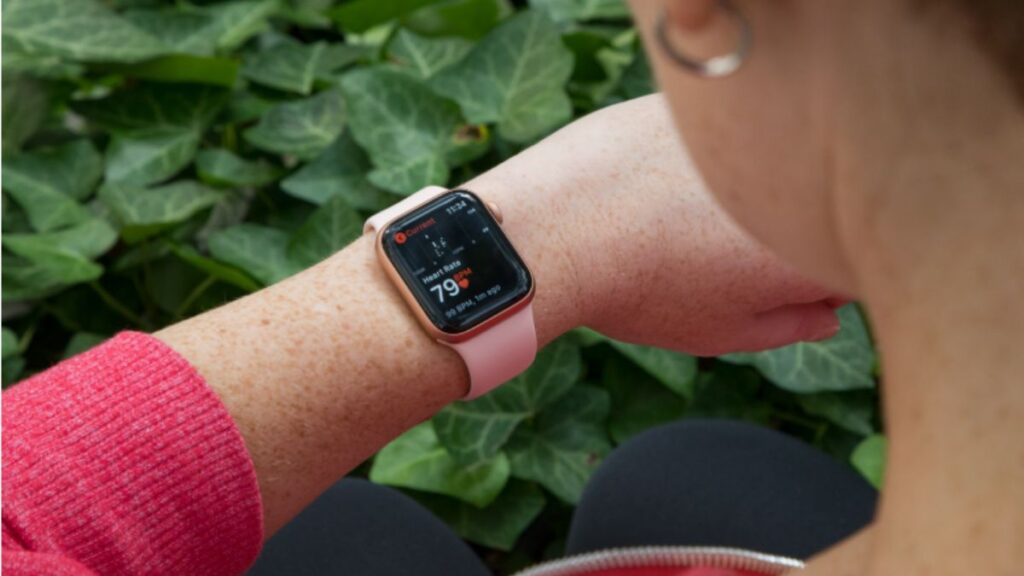In today’s health-conscious world, keeping track of your heart rate has become essential for maintaining overall wellness and optimizing fitness routines. Whether you are a professional athlete, a casual fitness enthusiast, or someone managing a medical condition, having a reliable heart rate monitor watch can make a significant difference. This article will explore the best heart rate monitor watches available, their benefits, and their crucial role as wearable technology for the elderly.
What is a Heart Rate Monitor Watch?
A heart rate monitor watch is a wearable device designed to continuously measure your heart rate in real-time. Unlike traditional heart rate monitors that require chest straps, modern watches use optical sensors to detect your pulse through your wrist. These devices are popular for fitness tracking, stress management, and overall health monitoring.
Why Use the Best Heart Rate Monitor Watch?
Accurate heart rate monitoring is essential for several reasons:
- Fitness Optimization: By tracking your heart rate during workouts, you can ensure you’re training in the right intensity zones—whether for fat burning, endurance, or peak performance.
- Health Monitoring: Continuous heart rate data can alert users to irregularities such as arrhythmias or unusually high resting heart rates, which may warrant medical attention.
- Stress and Recovery: Heart rate variability can indicate how well your body is recovering from exercise or stress.
- Motivation and Goal Tracking: Real-time feedback helps maintain motivation and track progress toward fitness goals.
Features to Look for in the Best Heart Rate Monitor Watch
When searching for the best heart rate monitor watch, consider these features:
1. Accuracy
The accuracy of heart rate readings is paramount. Devices that use advanced optical sensors combined with algorithms tend to provide more reliable results. Some watches also support chest straps for even greater precision during intense activities.
2. Battery Life
A long-lasting battery means you can wear the watch continuously without frequent recharging, which is especially important for sleep tracking and all-day health monitoring.
3. Comfort and Design
Since the watch will be worn for extended periods, comfort and fit are essential. Lightweight materials and adjustable bands help ensure it sits comfortably on your wrist.
4. Additional Health Metrics
Many watches come with added sensors to track metrics such as blood oxygen levels (SpO2), sleep quality, calories burned, and even ECG readings.
5. Connectivity and Compatibility
Look for watches that sync seamlessly with your smartphone and health apps, providing easy access to detailed reports and trends.
Top Heart Rate Monitor Watches on the Market
Here are some of the top contenders when it comes to heart rate monitor watches:
Apple Watch Series 9
- Offers advanced optical heart sensors and electrical heart sensors.
- Provides ECG and irregular heart rhythm notifications.
- Seamlessly integrates with the Apple Health ecosystem.
- Excellent build quality with a sleek, modern design.
Garmin Forerunner 265
- Renowned for accuracy in heart rate monitoring.
- Supports advanced metrics for runners and cyclists.
- Long battery life suitable for multi-day activities.
- Compatible with Garmin Connect app for detailed data analysis.
Fitbit Charge 6
- Known for user-friendly features.
- Monitors heart rate 24/7 and includes stress management tools.
- Tracks sleep stages alongside heart rate.
- Affordable price point with solid build quality.
Polar Vantage V3
- Favored by athletes for its precision heart rate monitoring.
- Offers recovery and training load insights.
- Robust and waterproof design.
- Compatible with Polar Flow app.
Wearable Technology for the Elderly: Heart Rate Monitor Watches
Wearable technology is transforming healthcare, especially for the elderly population. Wearable technology for the elderly is designed to provide continuous health monitoring, promote independence, and alert caregivers or medical professionals in emergencies.
Why Heart Rate Monitor Watches Are Vital for the Elderly
For older adults, maintaining heart health is critical. Heart rate monitor watches offer:
- Continuous Monitoring: Real-time tracking of heart rate and rhythm can detect abnormalities such as atrial fibrillation, which is common in the elderly.
- Emergency Alerts: Many devices can send alerts to caregivers or emergency services if abnormal heart rates or falls are detected.
- Medication Management: Some watches include reminders for medication schedules, which is vital for managing chronic conditions.
- Encouragement for Physical Activity: Gentle activity tracking encourages seniors to stay active, improving cardiovascular health and mobility.
- Sleep Monitoring: Quality sleep is essential for older adults, and these devices can track and analyze sleep patterns.
Choosing the Right Watch for Seniors
When selecting a heart rate monitor watch for elderly users, additional factors should be considered:
- Ease of Use: Simple interfaces with large, clear displays.
- Durability: Devices should be robust and water-resistant.
- Comfort: Soft, adjustable straps to prevent skin irritation.
- Long Battery Life: Reduces the need for frequent charging.
- Safety Features: Fall detection, SOS buttons, and reliable alert systems.
Benefits Beyond Heart Rate Monitoring
Many heart rate monitor watches come equipped with additional sensors that provide a comprehensive health snapshot:
- Blood Oxygen Monitoring: Detects oxygen saturation, helping identify respiratory issues.
- ECG Capabilities: Provides detailed heart rhythm information.
- Stress Tracking: Measures heart rate variability to assess stress levels.
- Sleep Tracking: Offers insights into sleep quality and duration.
- GPS Tracking: Useful for outdoor activities and safety for seniors who may wander.
How to Use Your Heart Rate Monitor Watch Effectively
To maximize the benefits of your heart rate monitor watch, follow these tips:
- Wear It Consistently: The more you wear it, the more accurate and comprehensive your data will be.
- Sync Regularly: Connect your device to its app to analyze trends and share data with healthcare providers if needed.
- Set Goals: Use your watch’s features to set realistic fitness or health goals.
- Listen to Alerts: Pay attention to notifications regarding unusual heart rates or other health warnings.
- Maintain the Device: Keep sensors clean and ensure the watch fits snugly for accurate readings.
Future Trends in Heart Rate Monitor Watches
Wearable technology is rapidly evolving. Future developments include:
- Improved Sensor Accuracy: Enhanced optical sensors and AI-driven data interpretation.
- Integration with Medical Devices: Closer links with healthcare providers for remote monitoring.
- Advanced Health Analytics: Predictive insights to prevent heart-related issues before they arise.
- Customizable Alerts: Tailored notifications based on individual health profiles.
- Longer Battery Life: New battery technologies to support continuous monitoring.
Conclusion
The best heart rate monitor watch is more than just a fitness accessory—it’s a vital tool for managing health, optimizing workouts, and providing peace of mind, especially for seniors. With advancements in wearable technology for the elderly, these devices are becoming indispensable in ensuring safety, promoting independence, and enhancing quality of life.
When choosing a heart rate monitor watch, prioritize accuracy, comfort, and features that suit your lifestyle or health needs. Whether for athletic performance or health management, investing in a reliable heart rate monitor watch can be a game-changer for your well-being







